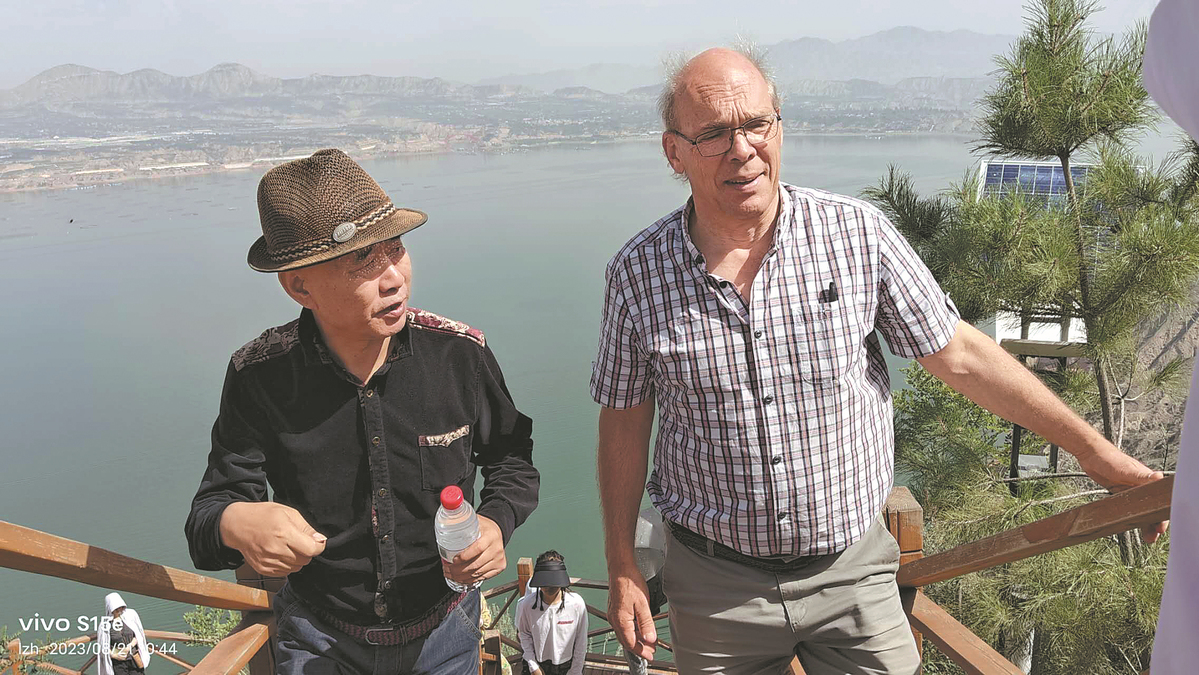A sentinel for China's potatoes
An agronomist helps set up a system that protects against a devastating crop blight, and as he does so sees a country's transformation


"It helps farmers to make great progress, and it's very important."
Despite the huge progress, Serneels says, the potato yield in China is still low by European standards.
He attributes this to the fact that the potato is a "technical crop".
"If you grow potatoes without any scientific management you make several big mistakes," he says.
One problem is balanced fertilization. For example, too much nitrogen will produce a lot of leaves but not enough tubes, he says. The other is late blight, which is still a problem in some parts of China and can destroy a crop in just two or three weeks. The third is to ensure seed quality to grow healthy and strong potatoes.
Producing healthy seed potatoes can be rather complicated, and work is done in the laboratory to get a seed potato uninfected with a virus.
To achieve that, technicians cut the very end of the sprout that is uninfected. They then put it in a medium to grow in the laboratory into a small plant, called a microtuber.
"The technique is widely used in China, but not used by all the farmers," he says, adding that many Chinese farmers are unaware of this technique.
























